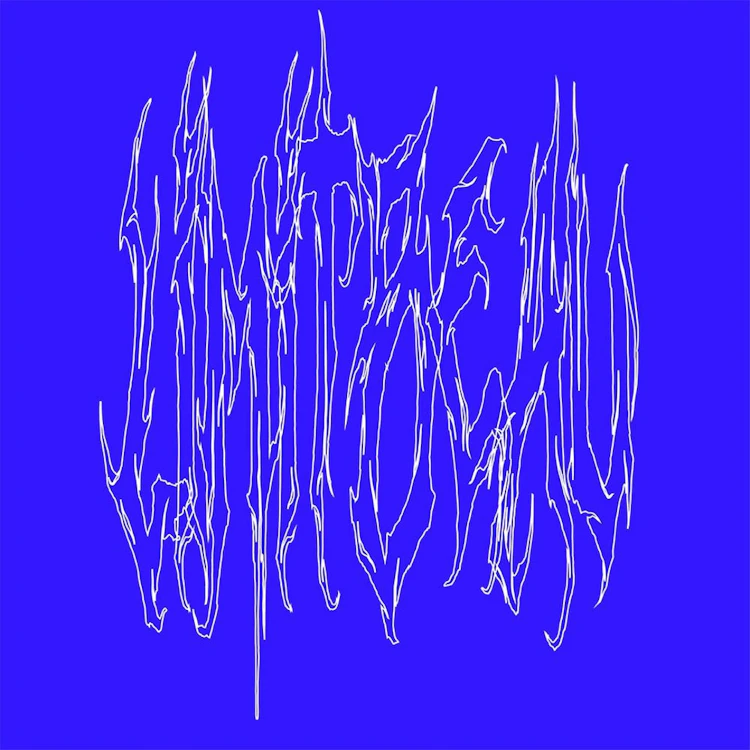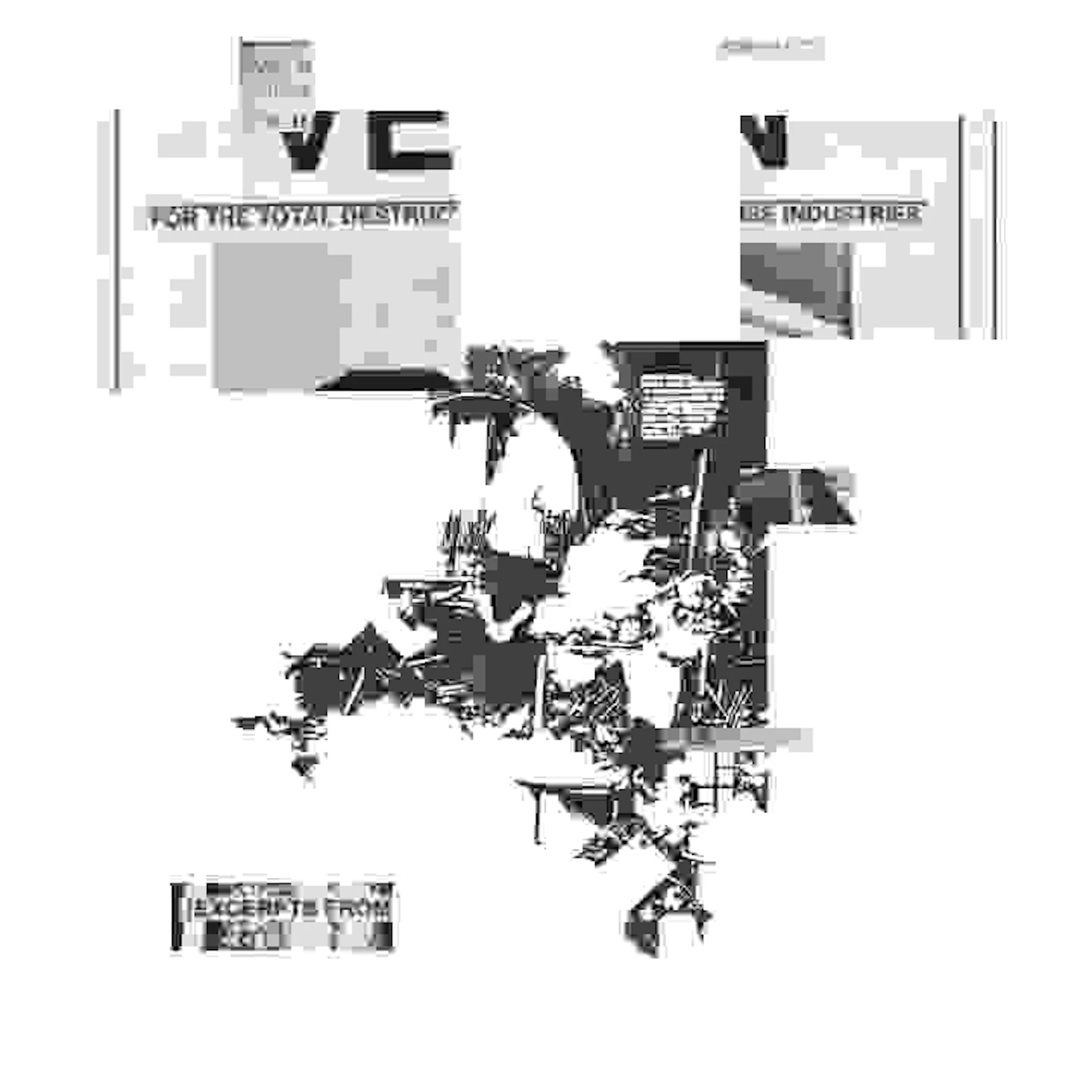
r hunter - Yield
- 1Perfect Mirror
- 2On The Reef
- 31k Lashes
- 4. r hunted
- 5ark2 feat. bela
- 6Sanguine
- 7Grief Sequence
- 8My Experience
- 9Empty Bow
- 10Intra
- 11Energy+
06
•
Open edition
What does it mean to be a formalist today? In the past someone might say something like: “I love form, OK...! The moving, emancipatory promise of Numbers—have you heard of it?” “I structure things in a way that expresses my desire to defer musical decision to a place beyond my own expressive intellect.” And then a sound might play sounding like nothing that has come before it, alien to an ear’s comprehension. But rather than the sense that ‘form’ (as if it were something pure) liberates expression at the expense of romantic authorship, the project of r hunter’s Yield says, I think, something different about the edifice of limits.
What if computational music, for all its careful force, carries the revelation and the burden of the failure of rules to function as a representative language? “I make rules OK…, parameters, and these rules become my musical language, do they not?” Or is it that a bunch of organised sounds one after another are both constitutive of and in excess of the rhythm they might imply? Imagine some made up words and speak them out loud with your own voice: some kind of notation could symbolise the imagined rhythm of this utterance but it will always be an encumbrance to the quality of the syllables themselves. In this way, structure exposes the failure of any novel musical syntax to represent the idea that inspired its coding. I wonder what r hunter was imagining here before opening up software? Let me speculate: little tiny tick tock thing that becomes faster and then slower; shushing motorised shusher of a thing gone wrong; portentous static in the shape of a thing to come, or, perhaps, in the shape of a thing past; beautiful knock-knock sound of a thing you know tapping away at your front door.
There’s a complimentary expression said about industrious workers: ‘you’re a machine man’? But what does it mean to be a person who is called a machine, or to make music on a machine in deference to and yet in opposition to all that is mechanical? Yield made me wonder about that. It’s exceptionally composed and rigorous and carries with it a sense of exploration, surprise and elegance. At one point too, two-thirds through, the music is particularly poignant when we hear how earnest it is. Failing, in a very good way, to imitate formalists of the past, or Kübler-Ross, r hunter calls a track ‘grief sequence’, initiating grief sequence now—ok then, don’t mind if I do initiate grief. I’ll also initiate dance, and I’ll initiate the appreciation of ‘beats’; let me also sequence the congratulations needed for an album that opens new aesthetic avenues for not just computer music, but music in general.
Written and Mixed by Asher R H Elazary
Mastered by Rashad Becker
Artwork by Gabriella D'Costa
Layout by J Amelie Cantrell
Words by Emile Frankel
Pressed at Program Records
What if computational music, for all its careful force, carries the revelation and the burden of the failure of rules to function as a representative language? “I make rules OK…, parameters, and these rules become my musical language, do they not?” Or is it that a bunch of organised sounds one after another are both constitutive of and in excess of the rhythm they might imply? Imagine some made up words and speak them out loud with your own voice: some kind of notation could symbolise the imagined rhythm of this utterance but it will always be an encumbrance to the quality of the syllables themselves. In this way, structure exposes the failure of any novel musical syntax to represent the idea that inspired its coding. I wonder what r hunter was imagining here before opening up software? Let me speculate: little tiny tick tock thing that becomes faster and then slower; shushing motorised shusher of a thing gone wrong; portentous static in the shape of a thing to come, or, perhaps, in the shape of a thing past; beautiful knock-knock sound of a thing you know tapping away at your front door.
There’s a complimentary expression said about industrious workers: ‘you’re a machine man’? But what does it mean to be a person who is called a machine, or to make music on a machine in deference to and yet in opposition to all that is mechanical? Yield made me wonder about that. It’s exceptionally composed and rigorous and carries with it a sense of exploration, surprise and elegance. At one point too, two-thirds through, the music is particularly poignant when we hear how earnest it is. Failing, in a very good way, to imitate formalists of the past, or Kübler-Ross, r hunter calls a track ‘grief sequence’, initiating grief sequence now—ok then, don’t mind if I do initiate grief. I’ll also initiate dance, and I’ll initiate the appreciation of ‘beats’; let me also sequence the congratulations needed for an album that opens new aesthetic avenues for not just computer music, but music in general.
Written and Mixed by Asher R H Elazary
Mastered by Rashad Becker
Artwork by Gabriella D'Costa
Layout by J Amelie Cantrell
Words by Emile Frankel
Pressed at Program Records











